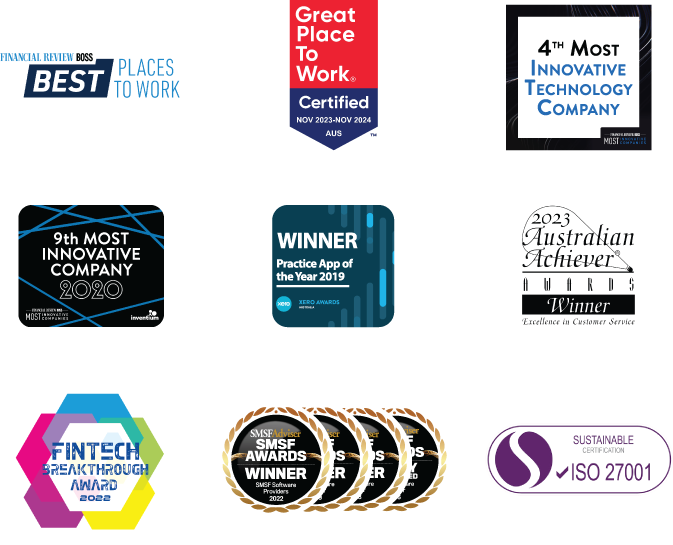

Published by Accountants Daily, powered by MOMENTUM MEDIA
Written by Jotham Lian on 6 September 2019
Small businesses, including accounting practices, will fall behind on service quality and profitability if they fail to utilise technology in their business, says a panel of industry leaders.
In a discussion on technology megatrends at Xerocon 2019, GHD global digital director Kumar Parakala said that while technology affords new opportunities and ways for doing business, those who failed to embrace changes would find themselves in a precarious position.
“Some of these trends, they’re going to create unprecedented level of opportunities for small and medium businesses, but also unprecedented level of challenges,” Mr Parakala said.
“If you’re not on the bus, you won’t be in business. It’s as simple and as clear as it is right now.”
Likewise, Xero chief executive Steve Vamos believes businesses that do not keep up will find it hard to compete with those that embrace technology.
“If you’re not using the technologies available to your competitive desire, you will fall behind on service quality, and you will fall behind in the sense of profitability because you will be less efficient,” Mr Vamos said.
“So, I don’t think the future’s great for any organisations that is not willing to really change and be open to change and adopt the best of the tools that are out there for them.”
What can business owners do?
According to Mr Parakala, the best chance for success for a business undertaking a digital transformation lies with the leadership of the business.
“Leadership is number one, most important aspect of any business. If you’re a small business owner, the first thing you need to do is to invest time in learning and getting educated,” he said.
“So, for me, digital literacy is the new language that every business owner needs to acquire. If they don’t get that language, they can’t understand it and will become a challenge.”
Mr Parakala believes that once business owners become digitally literate, they can then create a vision for the company and then invest a small amount of capital in experimenting what works best for their business.
“As you’re experimenting, you’’re learning, and as they experiment, they need to measure. They need to measure whether those experiments are becoming successful or not.
“When they see the opportunity for success through this experimentation, through this rapid extra process, that’s when they can invest capital and create the opportunity.”

